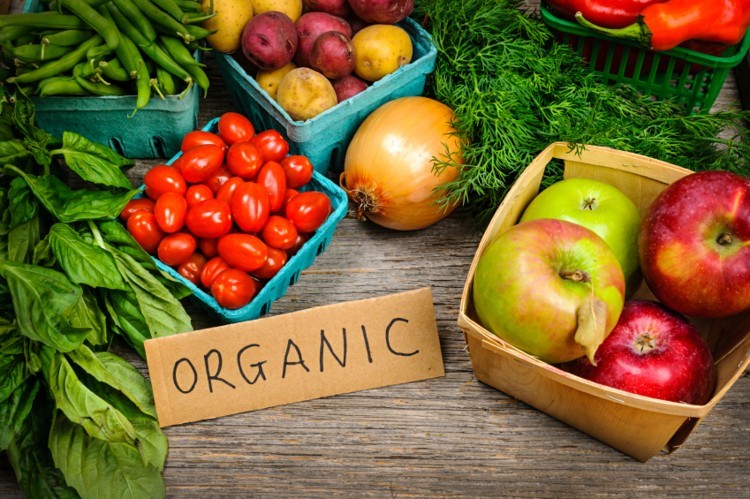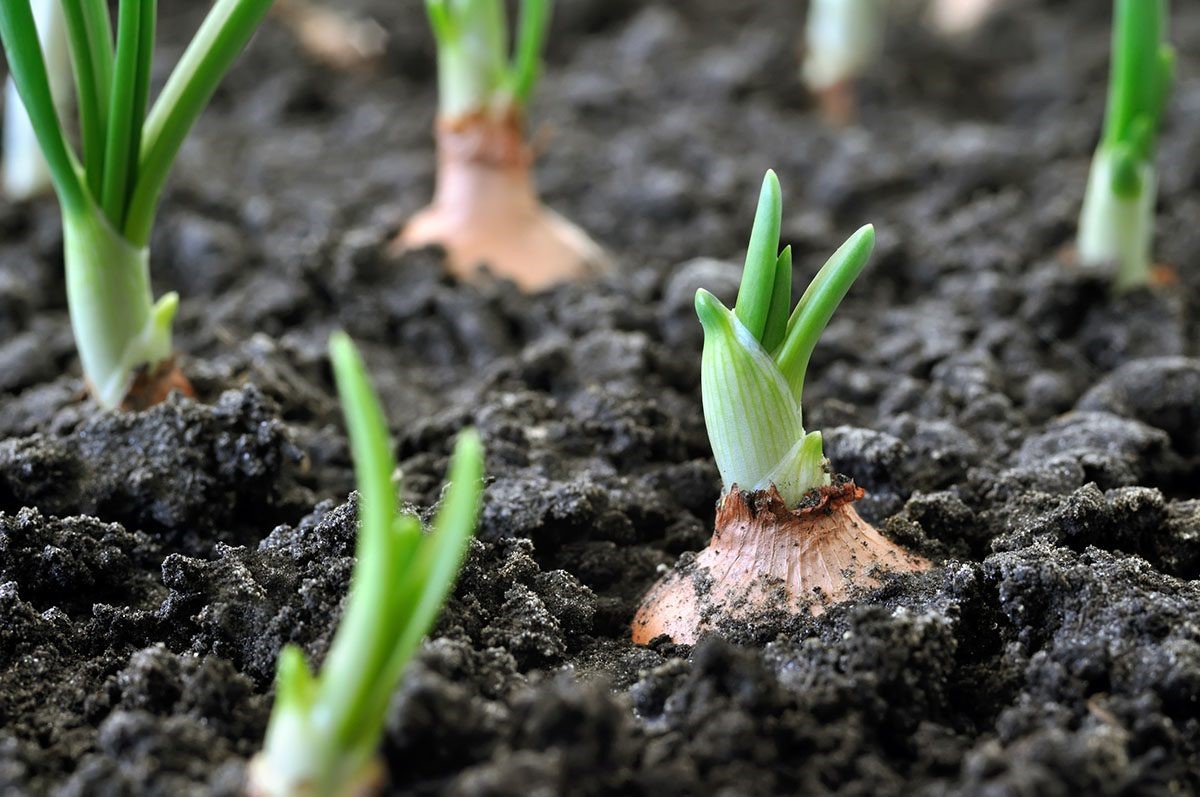
In recent years the world has seen a growing awareness about health and environmental issues. Consumers worldwide are becoming concerned about the quality and safety of food that they eat. They are concerned about the effect of pesticides, fertilizers, livestock effluent and veterinary drugs on their health and livelihoods. Organic agriculture is considered to be a viable solution to most of these concerns.
Organic agriculture is a production system that sustains the health of soils, ecosystems and people. It relies on ecological processes, biodiversity and cycles adapted to local conditions, rather than the use of inputs with adverse effects. Organic agriculture combines tradition, innovation and science to benefit the shared environment and promote fair relationships and a good quality of life for all involved.
Click here to view a video that explains organic farming.
Examples of organic farming methods include:
- Rotating crops between fields. This helps keep pests from building up and improves soil fertility.
- Planting selected herbs and flowers to attract beneficial insects which ward off unwanted pests.
- Using biological insecticides and make use of pests’ natural predators to control pest populations.
Organic farming produces nutrient-rich, fertile soil which nourishes the plants. Keeping chemicals off the land protects water quality and wildlife. It’s also about practising good animal welfare where everything from breeding, rearing and handling, to feeding of animals is strictly regulated and a free-range lifestyle is implemented.
The Soil
Organic farming refers to a system as a whole entity in ecological balance. Soil fertility is promoted by compost, cover crops, crop rotation, green manuring, minimum tillage, mulching, valuing of the biodiversity and avoiding synthetic chemical inputs. The principle is to treat the soil with respect knowing that the soil is the base for life on earth. The basis of organic farming is thus to feed the soil and not the plant directly. Organic matter is this ‘feed’. The organic farmer is interested in balancing soil processes and is not as focused on balancing numbers as a consequence to soil analysis. A good organic soil structure is able to hold large amounts of nitrogen, phosphorus, calcium, iron and other micronutrients, essential in providing the plants with a balanced diet for healthy growth. A good soil structure will optimise water infiltration and retention and is also important in the control of erosion by wind and water.

Click here To view a video that explains how to best build soil to increase profit when organic farming.
Diseases and Pests
The approach to pests and diseases by the organic farmer is that these are seen as symptomatic of imbalances in the soil’s fertility and health. There are too many pests and diseases as well as remedies to mention. The plant, like any living organism, develops a natural resistance to pests and disease attack. This resistance depends on the nutrition of the organism.
As only natural, biodegradable products are used, water and the environment become cleaner. Farmers and their workers enjoy healthier working conditions. This can only be good for future generations.
Click here to view a video that explains the six methods of organic pest control.
The Health Benefits
The hazards for human health of consuming products contaminated by harmful pesticides include increased risks of cancer, reproductive problems and neurological damage. Organically grown produce on the other hand is free of chemical residues, has a much higher vitamin and mineral content and is usually more flavoursome (which is why many top restaurants prefer to use organic ingredients).
Products labelled as "organic" are those certified as having been produced through clearly defined organic production methods. In other words, "organic" is a claim on the production process rather than a claim on the product itself.
Organic agriculture is best known as a farming method where no synthetic fertilizers and pesticides are used. However, this description does not mention the essence of this form of agriculture, which is the holistic management of the farming system. According to the definition of the Codex Alimentarius, "organic agriculture is a holistic production management system which promotes and enhances agro-ecosystem health, including biodiversity, biological cycles and soil biological activity.
It emphasizes the use of management practices in preference to the use of off-farm inputs, taking into account that regional conditions require locally adapted systems. This is accomplished by using, where possible, agronomic, biological and mechanical methods, as opposed to using synthetic materials, to fulfil any specific function within the system." Several national governments and a multitude of private certification and farmer organizations have defined organic agriculture. In the past, differences in these definitions were significant, but the demand for consistency by the trade has led to greater uniformity.